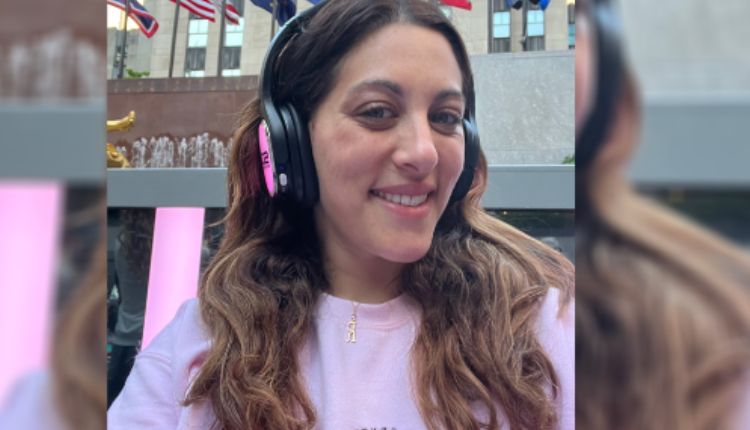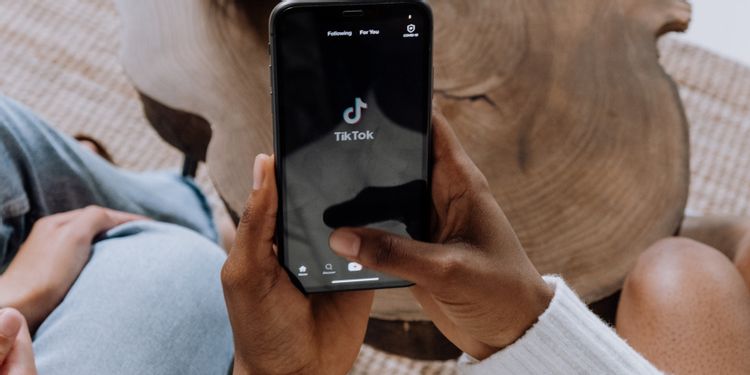
Breaking Free: Rachel Hechtman’s Journey to Sobriety and Reshaping Women’s Bond with Alcohol
Ever wonder why some women deal differently with drinking? Let’s dive into the world of women and alcohol and see how one amazing woman, Rachel Hechtman, is making a positive impact.
Imagine this: you’re out with your crew, drinks flowing, everyone having a blast. But have you ever stopped to consider how alcohol might have distinct effects on women? There’s more to the story than meets the eye.
A Different Angle
Rachel, a leader in the Alcohol-Free Community and the mastermind behind Sober in Central Park, LLC, brings a unique perspective. Rachel’s journey is all about strength and change. She battled with alcohol from a young age, using it to cope with life’s curveballs—tough childhood times, her parents’ separation, and grappling with anxiety and sadness.
As she matured, alcohol started messing with Rachel’s well-being. College brought a tough incident that sparked a cycle of wild partying and alcohol troubles. This cycle rolled into her thirties, messing with her relationship with food, mental and physical health, and overall happiness. But Rachel’s story doesn’t stop there. On January 3, 2021, she made a big choice – to start a serious journey towards living alcohol-free.
Alcohol’s Effect on Women
Research from the National Institute on Alcohol Abuse and Alcoholism tells us that women like Rachel might be more susceptible to alcohol’s effects compared to men. That’s because women’s bodies have less water, which makes alcohol hit them harder.
So, women might deal with tougher hangovers and other alcohol-related issues, even with smaller amounts. Women are more at risk for alcohol-related problems, ER visits, and even fatalities.
Here’s the kicker – lots of women, especially those aged 30 to 50, might not be as likely as men to seek help for Alcohol Use Disorder (AUD), where controlling alcohol becomes a battle. That puts their well-being on the line. Plus, too much booze over time can damage the liver and heart, lead to breast cancer, and affect the brain, especially in younger women.
Why Some Women Struggle with Booze:
- Coping Mechanism: Like Rachel, many women use alcohol to handle stress, trauma, and mental health issues.
- Peer Pressure: Society makes drinking look cool, so women might feel pressured to join in, especially in social settings.
- Mental Health: Women are more likely to deal with anxiety and depression, and sometimes alcohol offers temporary relief.
- Family History: If alcoholism or addiction runs in the family, women might have a higher risk.
- Friends’ Influence: Hanging out with heavy drinkers can make going overboard seem normal.
Rachel’s Solution: Sober in Central Park
Rachel’s journey to sobriety led her to create Sober in Central Park (SICP). This project brings together a community of people who want to cut alcohol out of their lives. Through SICP, Rachel sets up events where you can have a good time, connect with others, and grow – all without alcohol. She also teams up with nonprofits to further her cause.
What’s Rachel’s aim? To break the stigma around alcoholism and help others take control of their lives. She shares her story on social media and offers coaching to help people change how they see alcohol: “I’ve coached ten women through personal sessions, and they’ve successfully kicked alcohol out of their lives,” notes Rachel.
Rachel’s relatable and friendly approach is making a difference, inspiring people to choose an alcohol-free lifestyle.
Empowering Change
Rachel’s story proves that determination and inner strength can really lead to significant change. Her journey from struggling with alcohol to becoming a leader in the Alcohol-Free Community is a true transformation tale. Through Sober in Central Park, she’s creating spaces where people can thrive without the weight of alcohol, breaking the cycle and giving a glimmer of hope.
In the realm of women and alcohol, Rachel’s story shows us that change is possible and that having a supportive community can make all the difference. So, let’s ask ourselves – can we switch up how we view alcohol and embrace a happier, healthier life? With Rachel Hechtman guiding the way, the answer is a resounding yes.




